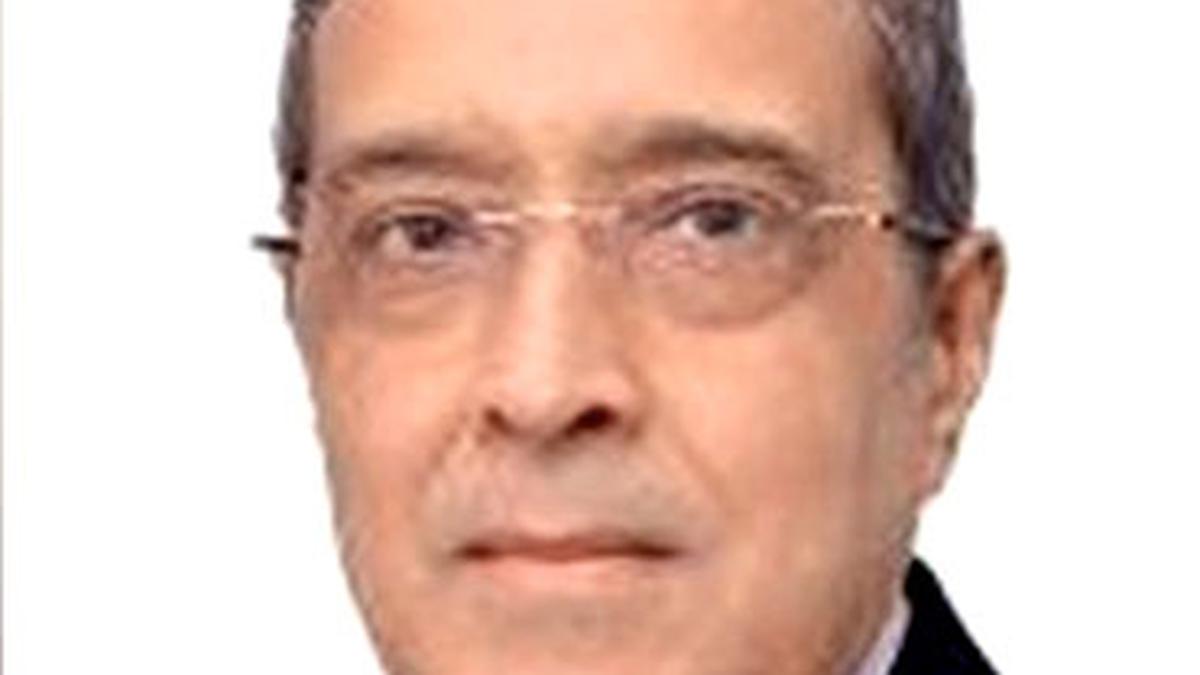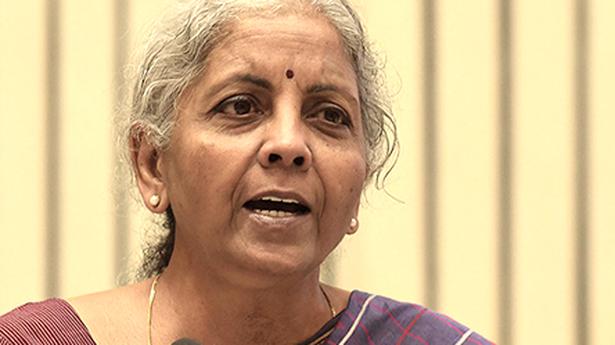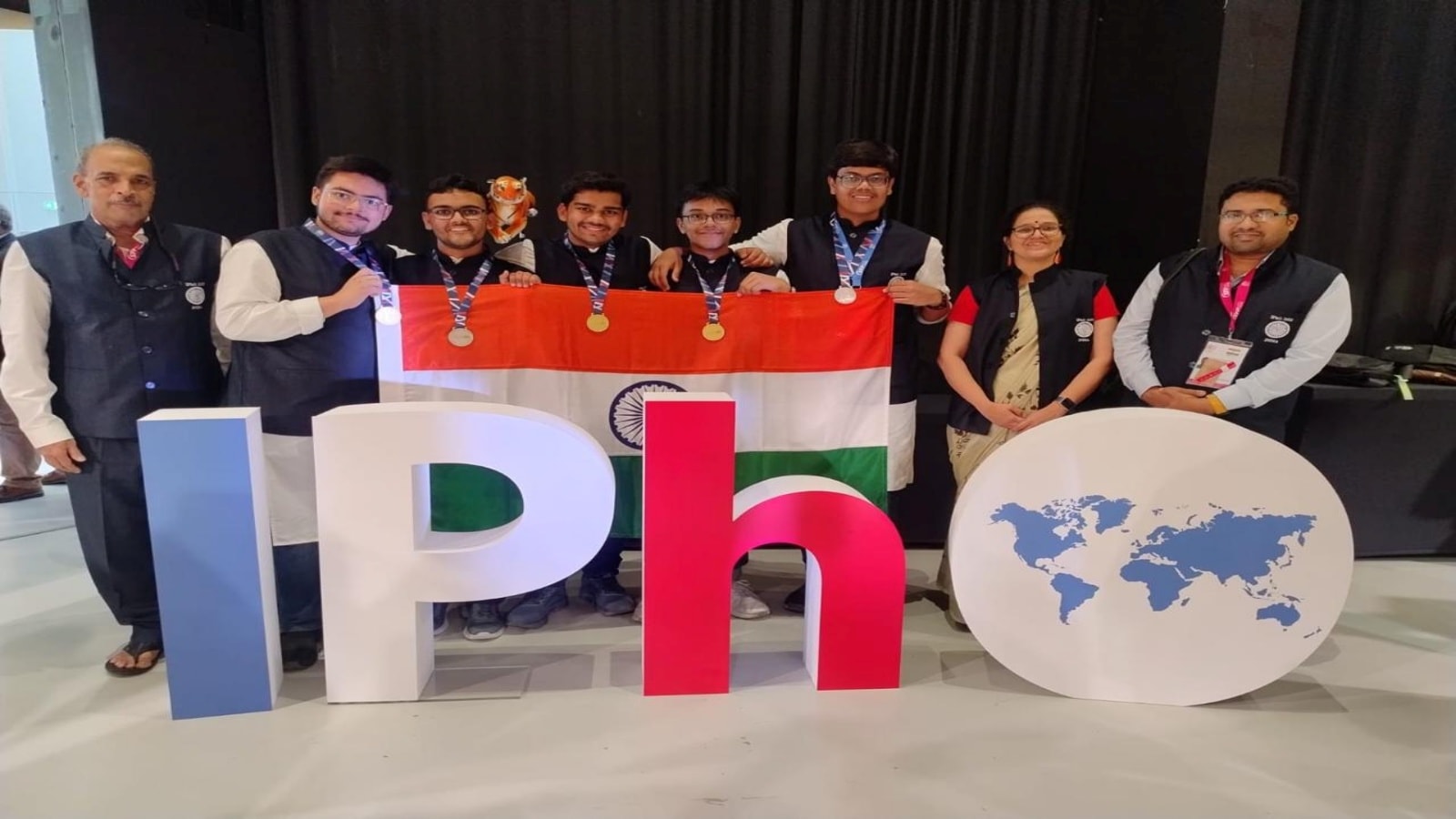RBI and the banks need to arrive at an understanding to make the rupee trade mechanism seamless, Arun Kumar Garodia said
There is a lack of clarity among banks about the International Trade Settlement mechanism in rupees (INR) and those with exposure to the U.S. are wary of sanctions, the Chairman of India’s Engineering Export Promotion Council (EEPC) said.
Early last year, the Reserve Bank of India (RBI) had set up the International Trade Settlement mechanism in rupee, a move aimed at facilitating trade with countries under sanctions such as Russia.
The rupee trade settlement mechanism is yet to come up seamlessly. Banks, especially those who have offices or dealing directly with the U.S. are scared of sanctions, Arun Kumar Garodia, Chairman, EEPC, which is supported by the Union Ministry of Commerce, told The Hindu in an interview.
This is the reason why they are not issuing e- Bank Realisation Certificates (BRC), which is required to complete the export transaction, he added.
RBI and the banks need to arrive at an understanding to make the rupee trade mechanism seamless, Mr. Garodia said.
He also pointed out that it was essential especially when the engineering goods exports to the CIS region had fallen by 34% during the current fiscal, amid the Russia-Ukraine crisis.
Russia, largest market
“Russia is the largest market in the region. Once rupee settlement becomes seamless, we are sure trade is bound to grow,” Mr. Garodia said.
We have also requested the Indian government to bring in the rupee settlement mechanism with other countries such as Sri Lanka, Bangladesh and other nations which are under U.S. sanctions or have issues relating to forex payment in hard currency, he said.







